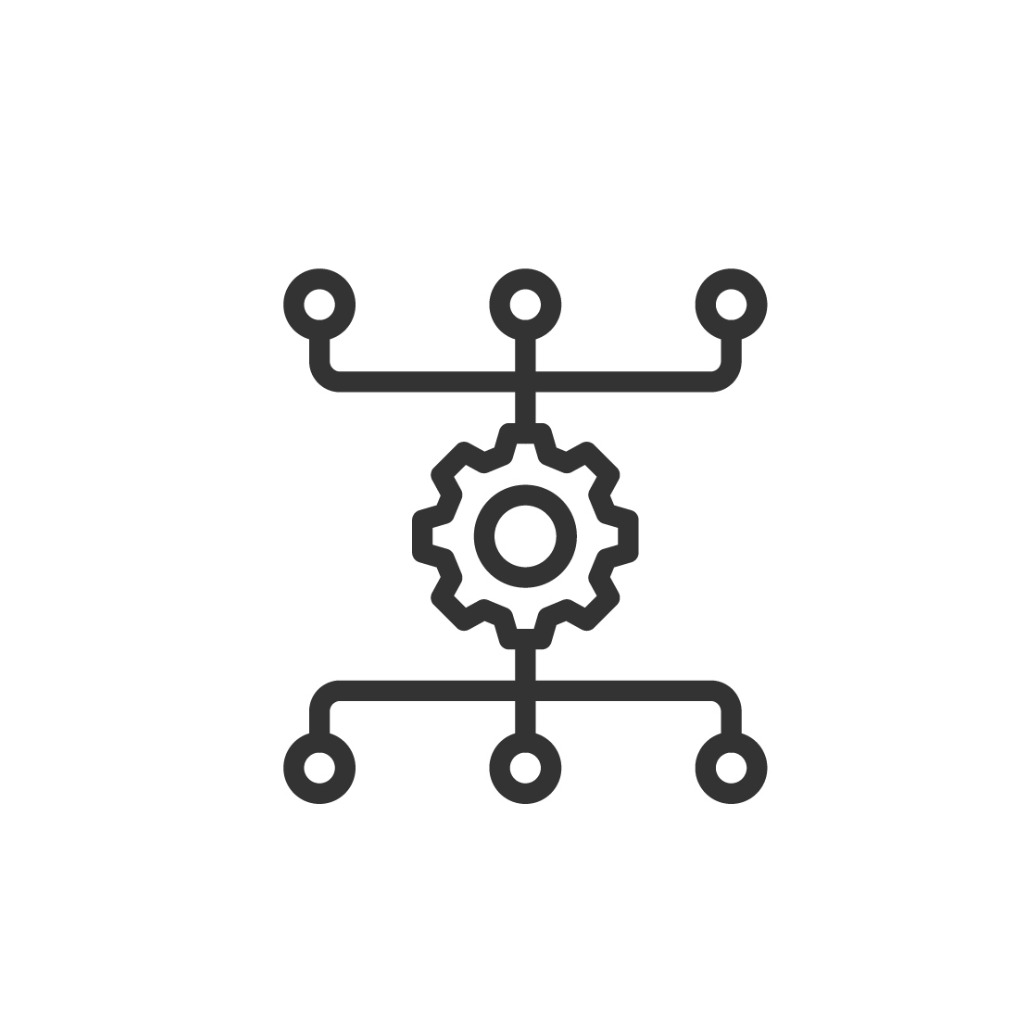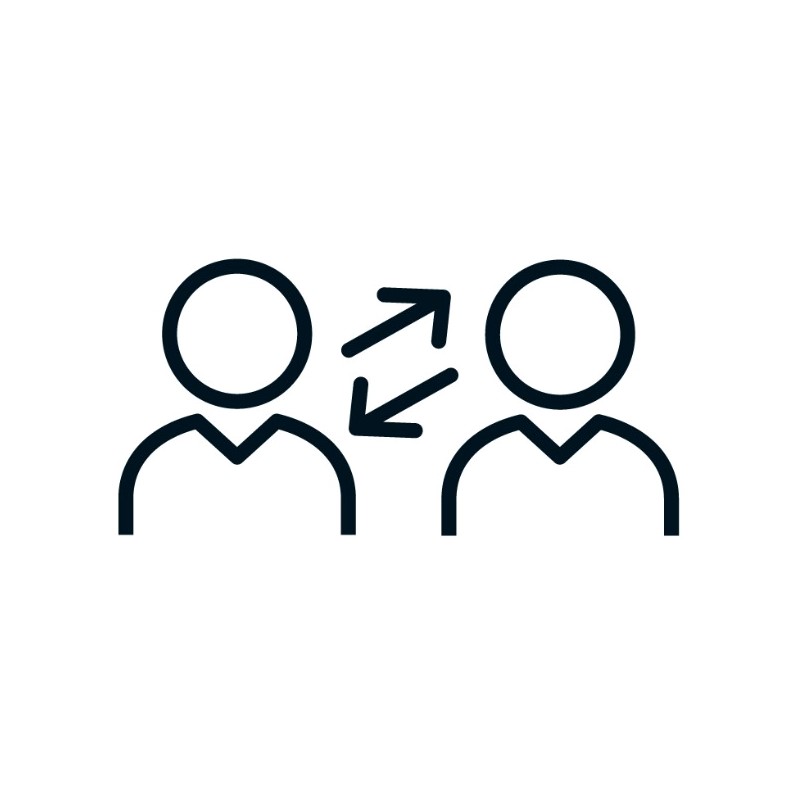
The Social Health App Core (SHAC)
SHAC is a framework for local social network-based smartphone apps for behavioral public health apps and interventions. Read more
Created with SHAC:

The Communication Skills Platform for LeArning via Role-playing games (CoSPLAyR)
CoSPLAyR is set of tools for creating intelligent virtual tutoring apps for role-playing experiential practice in interpersonal communication skills. It incorporates best practices of intelligent tutoring research to provide individualized scaffolding that is adapted both to overall learner skill level and specific choices the learner makes in a virtual role-playing instance. Read more
Created with CoSPLAyR:
Care Coordination Diagramming and Analysis (CCDA)
CCDA is an analytical toolset for unpacking, representing, and analyzing individual care coordination cases. Is diagramming tools breaks out organizational, communicational, and clinical events making up a case and depicts their relationships in structured network diagram. CCDAs analysis tools are used to categorize and trace problems back to root causes and to identify possible remediation/prevention strategies.See Publication
Created with CCDA:
